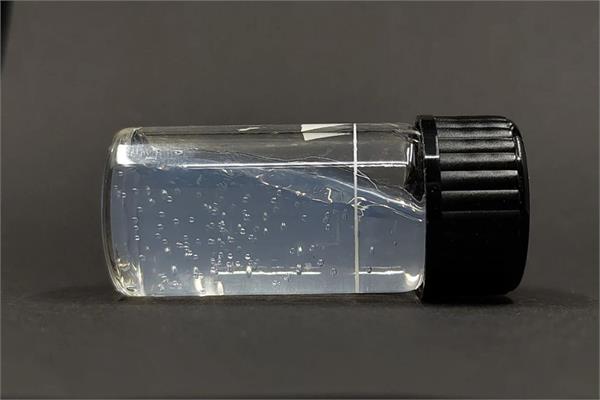
Metsä Spring and FineCell will develop a technology able to replace the fossil-based chemicals used in the production of coatings.
Metsä Spring has announced its second Swedish investment in FineCell, developer of the eponymous technology and producer of CellOx dry cellulose powder. The funds will be used to develop a manufacturing facility for FineCell technology that transforms dried pulp fibre into a value-added biomaterial, usable as both a powder and an aqueous hydrogel solution. These products can replace, for example, fossil-based chemicals used in the production of coatings.
The pulp-based materials are made with FineCell technology, which combines pulp-based cellulose with a natural chemical, producing a new material that can be stored in solid form and applicable in liquid form. CellOx is 100% organic, light to ship and requires approximately 80-90% less energy to produce. In addition, CellOx is transparent and can carry other ingredients, making it an excellent binding agent for paints.
“The world is scrambling to replace fossil-based materials with sustainable ones. Our product, based on softwood pulp from sustainably managed Nordic Forest, gives many industries an alternative to the components they are currently using. Metsä Spring has seen the potential in our innovation, and due to their know-how in planning, constructing and operating production plants, including pilots and demos, and their access to the raw material linked to their ambition to upgrade Nordic wood, they were the perfect choice to support us as we move forward,” has stated Peter Axegård, CEO and co-owner of FineCell.
“We have been following FineCell for some time and are delighted to now be part of their journey. For us, all technologies that convert softwood pulp into added-value products are of interest. This technology and product clearly stand out, making it especially interesting. The FineCell technology is still young. At this stage, we do not yet know all the directions that this platform might take us,” has added Niklas von Weymarn, CEO of Metsä Spring.
Furthermore, in addition to replacing fossil-based ingredients, FineCell technology can also be used for applications in the healthcare sector. As a matter of fact, the thin, transparent and flexible films represent a key area of interest for the company. Lastly, this new technology aims to have the plant operational by the end of 2024, while the company plans to start large-scale trial production the following year with full commercial production commencing in 2027.
“Our goal is to bring our biobased material to more and more sectors, thus replacing fossil-based materials and increasing the performance of the product. This, in turn, would require scaling up production to the point where we are making a large impact on products people use in their everyday lives. Our story has just begun, and we cannot wait to embark on the next stage in our journey,” has concluded Axegård.